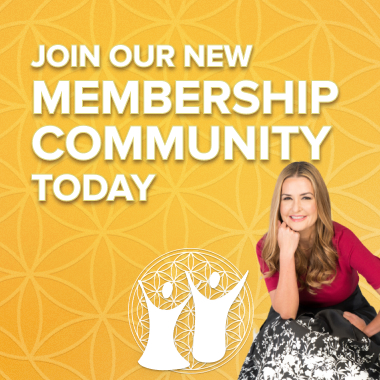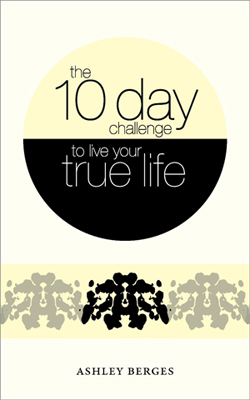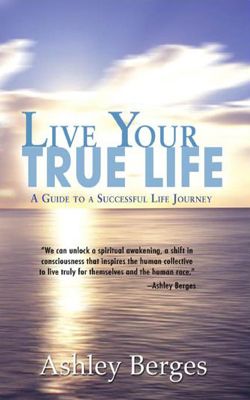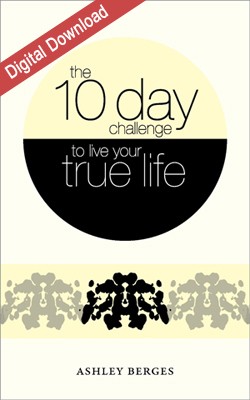Original content by Ashley Berges

Does it feel like you are walking on eggshells in your relationship? Often, we are in a relationship that feels like an emotional blender. We do not know what is going to happen next in the relationship. It feels like when we expect the worst, it’s the best, and when we expect the best, it may be the worst.
When we are in these types of relationships there are certain things that we need to do to help ourselves. First, let’s look at the thought of not upsetting our partners, and they will calm down. In a healthy relationship, there may be an argument, but people will calm down and communicate. Over time you come to an agreement realizing neither one of you was right or wrong and the truth was in the middle.
In an unhealthy relationship, we think that people will be rational, and most likely that is not the case. Another thing to consider is that people believe that if they don’t rock the boat everything will be fine, most often this is not the case in an unhealthy relationship.
It is interesting that in many of our relationships, when someone is out of control, instead of saying, “no,” we give in to keep the peace. Over time this creates a monster. We find ourselves saying, “if I just give in the situation will get better.” The situation is not going to get better. We hold out, believing that our partner will see our side. This rarely happens. We believe our partners can understand the rational truth. Most likely this is not true.
Another reason we don’t rock the boat is that we believe the other person will realize all the things we are doing for the relationship. We are looking for a pat on the back, a stroke to our ego. Unfortunately, none of this happens in a toxic addictive relationship.
In a healthy relationship, your partner will see what you are doing and thank you for it. In return, they will do things for you.
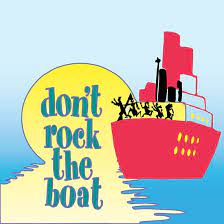
When we get into unhealthy addictive relationships, we keep doing things, hoping that the other person will validate us. They will not. First thing, they have not validated themselves. Second, when we look for validation outside of ourselves, we usually come up empty. To understand validation, we must begin to unconditionally love ourselves, and validate ourselves from the inside.
We do not need to have outside validation because when we are looking for that we are not going to get it. In toxic relationships, we are usually looking for another person to validate us. This is a toxic way to be from the beginning.
When we do things for our partner and search for validation, we begin to feel lesser than others. We feel used because the other person is not doing for us. We also expect our partners to be happy when we do things for them. Often, they are not happy and sometimes they can be outright mean.
Another reason we may stay in the relationship is that we want them to see all the things we are doing for them, and they will love us for it.
This reasoning goes back to our co-dependency and people-pleasing tendencies. Many of us have been raised in a family dynamic where we had to do a lot of people-pleasing. We believed that if we just kept giving, we would be loved back.
This is a big red flag in an addictive toxic relationship. We feel that the more we give, the more they will love us. This is not true. When we are in this type of relationship, true unconditional love does not exist. When someone is dealing with a personality disorder such as borderline personality disorder, the idea of unconditional love is not understood. As we search for unconditional love in these unhealthy relationships, we won’t find it. The person does not know what unconditional love is.
The next question would be, is conditional love, love at all? It is a response given to get us to do what the other person wants us to do to keep us in the relationship.
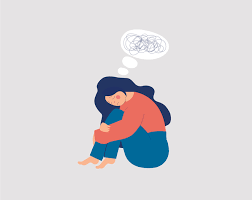
Lastly, when we find ourselves in these types of situations, most of the time we only think about the other person’s feelings and not our own. We do not focus on our own mental and spiritual health. We have taken a back seat to the relationship, the other person’s feelings, and emotions mean more than our own. The reason this happens is that the relationship has become co-dependent. We lose our sense of self and identity by being in this type of relationship.
If you find yourself in this kind of relationship, you will need to figure out who you are and let go of the relationship to find your true self. This will prevent you from losing yourself in a toxic relationship.
Watch the entire video here:


